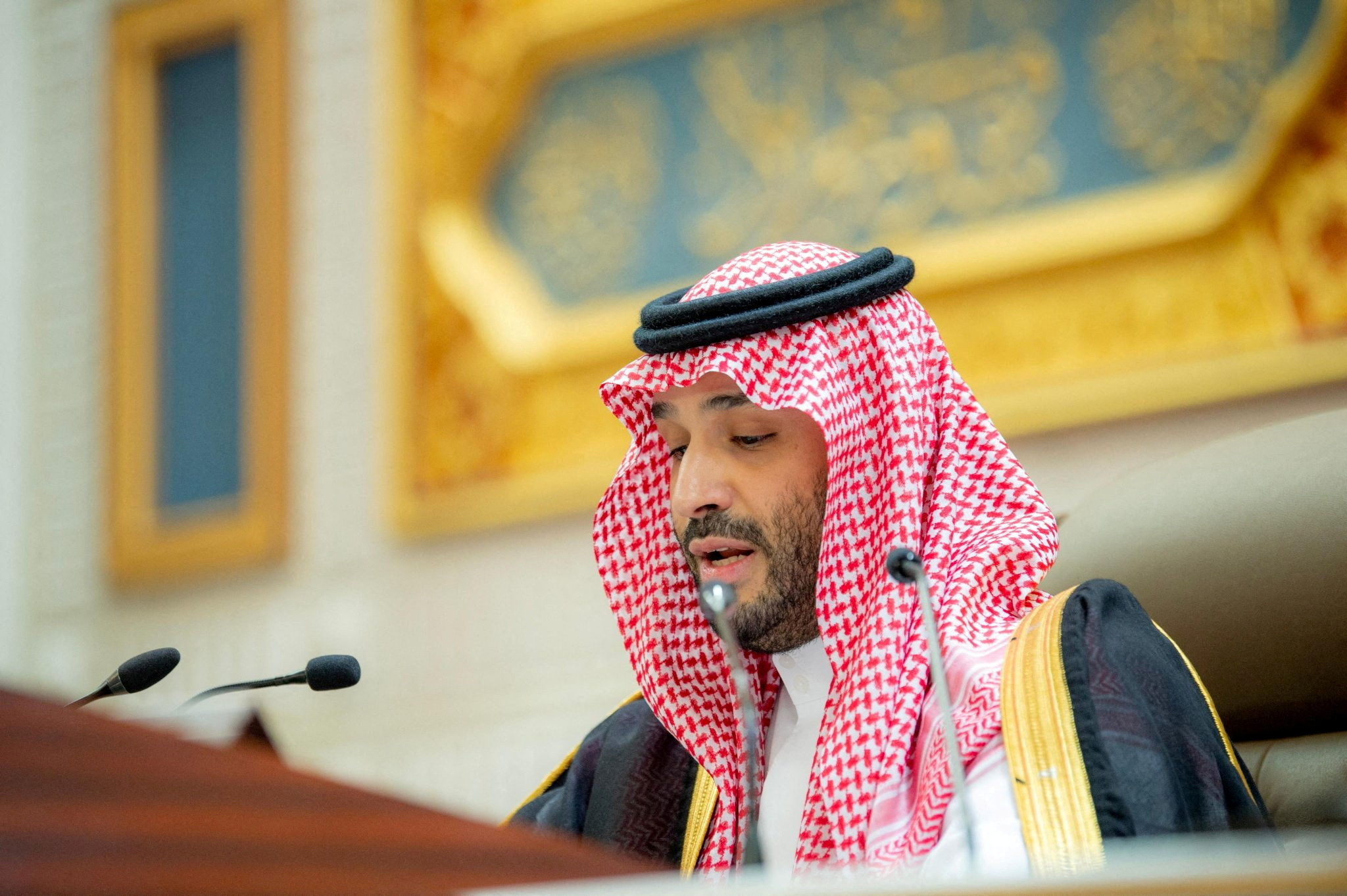
Crown Prince Mohammed bin Salman will not participate in the upcoming BRICS summit scheduled for October 17-19 in Moscow. This decision marks a significant diplomatic moment, as Saudi Arabia engages in a complex geopolitical landscape that includes balancing relationships with both Western nations and emerging economies in the Global South. The absence of the Crown Prince at such a high-profile gathering raises questions about the Kingdom’s strategy within the BRICS framework and its implications for international relations.
The summit will convene leaders from Brazil, Russia, India, China, and South Africa, with several other nations set to attend as guest countries. The BRICS group has increasingly positioned itself as a counterweight to Western influence, promoting multipolarity in global governance. As Saudi Arabia continues to diversify its international partnerships, its non-attendance underscores a potential shift in focus toward different geopolitical alliances.
Officials from Riyadh have cited scheduling conflicts as the reason for the Crown Prince’s absence. This comes amidst significant diplomatic efforts within the region, especially regarding ongoing negotiations with Iran and the evolving dynamics in the Gulf Cooperation Council (GCC). The Saudi government is keen to strengthen its ties with these regional players while balancing its commitments to Western allies.
Saudi Arabia’s burgeoning relationship with Russia has historically been characterized by energy cooperation, especially within the framework of the OPEC+ alliance. However, the Crown Prince’s decision not to attend the summit may signal a more cautious approach towards Moscow, particularly given the backdrop of the ongoing Ukraine conflict, which has strained relations between Russia and many Western nations.
Economic considerations are also pivotal in this scenario. The BRICS group, which includes some of the world’s fastest-growing economies, presents opportunities for Saudi Arabia in terms of trade and investment. The Kingdom has been actively working on diversifying its economy beyond oil through its Vision 2030 plan, and engagement with BRICS countries could facilitate this transition. However, the Crown Prince’s absence may limit direct participation in discussions that could foster closer economic ties.
Meanwhile, other leaders from the region have confirmed their attendance, highlighting the increasing importance of the BRICS platform in shaping economic and political dialogues. Notably, leaders from countries like South Africa and Brazil have underscored the need for inclusive growth and shared development, themes that resonate with Saudi Arabia’s Vision 2030 initiatives. The potential for collaboration on infrastructure, technology, and energy projects remains high, even in the absence of the Crown Prince.
The broader implications of this decision extend beyond immediate diplomatic relationships. Saudi Arabia is navigating a critical phase in its foreign policy, balancing its traditional alliances with the United States and European nations against the backdrop of emerging powers like China and India. The Crown Prince’s absence at the BRICS summit may be interpreted as a strategic maneuver, allowing him to focus on reinforcing bilateral ties with key allies while simultaneously exploring avenues for influence within the BRICS context.
Domestic considerations also play a role in this decision. As Saudi Arabia continues to implement social and economic reforms, the Crown Prince’s presence is often prioritized for significant domestic events, which may limit his international engagements. The balancing act of addressing internal needs while managing external relations remains a constant challenge for the Kingdom’s leadership.
Speculation about the future trajectory of Saudi Arabia’s role in BRICS has surfaced in the wake of this decision. While the Kingdom has expressed interest in joining the group, the timing and nature of its engagement will likely evolve as it continues to assess its strategic objectives. The BRICS framework may serve as a valuable platform for fostering relationships with other nations pursuing alternative development paths, particularly in sectors like renewable energy and technology.
Emerging trends within the BRICS group also suggest a shift toward increased collaboration on issues of mutual concern, such as climate change and economic stability. Saudi Arabia’s commitment to diversifying its energy portfolio aligns with these trends, as the Kingdom seeks to position itself as a leader in sustainable energy initiatives. Engaging with BRICS nations may provide valuable insights and partnerships in this regard.
Looking ahead, the effectiveness of Saudi Arabia’s diplomatic strategies will depend on its ability to navigate the complexities of international relations while remaining responsive to regional dynamics. The Crown Prince’s non-attendance at the BRICS summit may open avenues for other leaders to assert their influence, yet it also signals the Kingdom’s intent to prioritize its interests and commitments.



